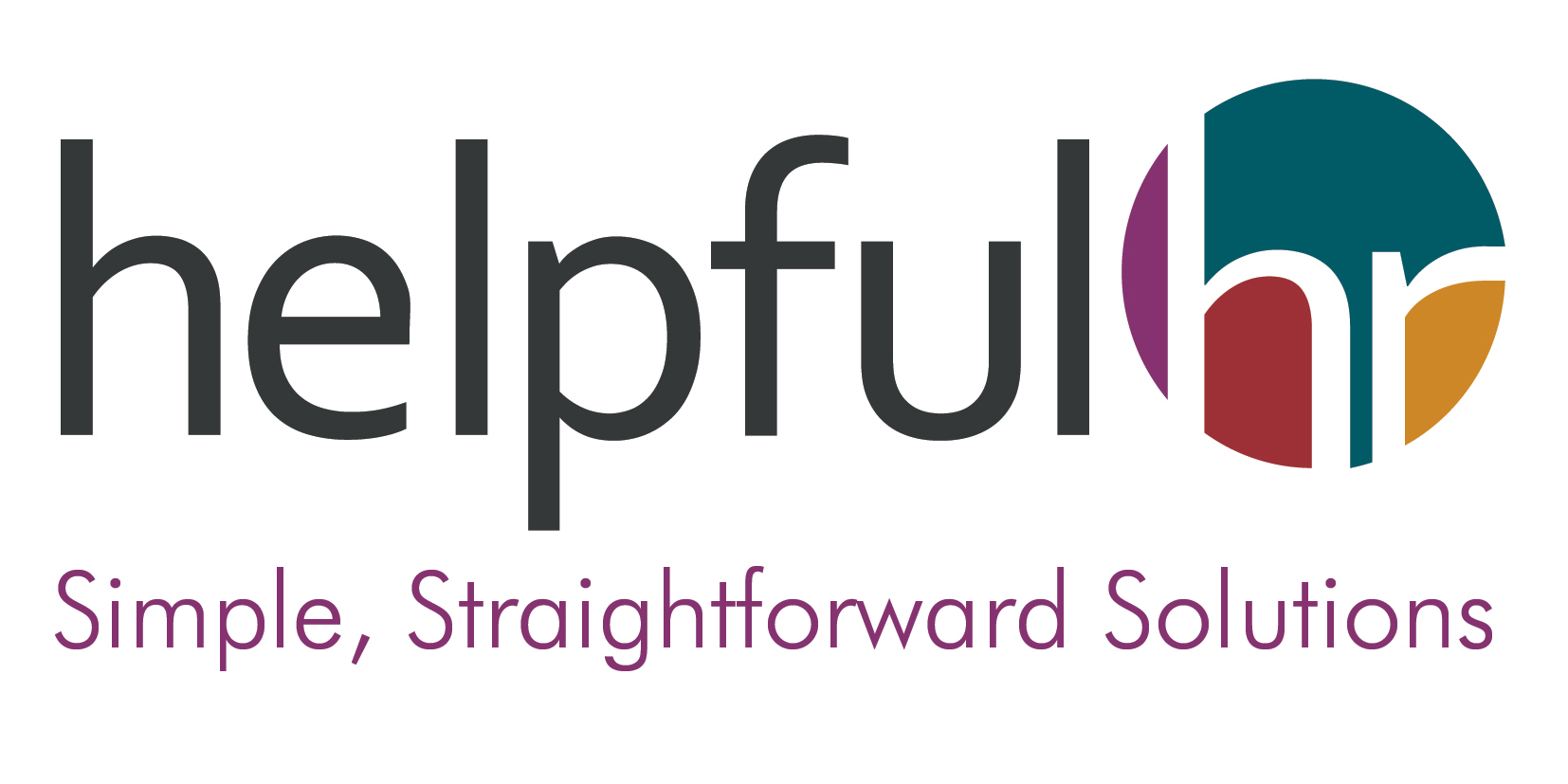Boost employee wellbeing without breaking the bank
Employee wellbeing isn’t just a buzzword – it can be a real driver of employee productivity, retention, and morale, especially for smaller businesses, where every team member counts. Supporting mental health and wellbeing doesn’t need to be expensive or time-consuming. Here are some practical, low-cost ways your business can make a big difference to improve employee wellbeing.
Encourage regular breaks
No-one does their best work when they’re glued to a screen for hours on end. Encourage staff to step away from their desks during the day. Even five minutes every hour can help reduce stress and boost focus. Promote proper lunch breaks too, ideally away from the computer. You could even lead by example and take a brisk lunchtime walk, and encourage others to join you. You could also consider having a ‘no lunch meeting’ policy so employees get a proper break and boost employee wellbeing.
Recognise good work
A quick ‘thank you’ goes a long way. Publicly acknowledging good work, even in small ways, boosts morale and makes people feel valued. Whether it’s a mention in a team meeting, a note on a shared board (virtual or actual), or even a simple email – recognition matters to people, and takes very little effort.
Offer flexibility where you can
Flexible working doesn’t have to mean a completely remote set-up or working part time. You could offer flexitime, making sure key business hours are covered, so people can flex their hours around school pick-ups, doctor or dentist appointments, or other caring responsibilities. And for those ad hoc requests, if you can accommodate them, do. This flexibility will be hugely appreciated and build employee loyalty, and when you have to ask people to work a little over their hours on a crucial big project or busy period, you’re more likely to get a positive response.
Start talking about mental health
Opening up the conversation about mental health reduces stigma and makes it easier for staff to speak up if they’re struggling. You don’t need to be an expert – just show empathy and be approachable, and demonstrate that employee wellbeing matters. Consider appointing a mental health first aider or sharing useful free resources from organisations like Mind or NHS Every Mind Matters.
Encourage movement and exercise
Employee wellbeing includes physical wellbeing and mental wellbeing. Encourage movement through the day – during those screen breaks you’re encouraging. Walking meetings can be a useful way to combine a screen break with exercise. You could encourage employees to sign up to an internal step challenge, or sponsored run, walk or cycle to promote longer-term goals and consistent exercise.
Check in – properly
When people are asked ‘how are you?’ many will just say ‘fine’. But just asking the question and moving on isn’t enough. Be aware of what’s happening in people’s lives and follow up if you know they’re dealing with something. Be more curious, and always caveat with their right to keep their personal lives private. Ask consistently in your 1-1s with your employees, listen, have a conversation about it and find out if there’s anything you can do to help.
Summary
Looking after your team’s wellbeing doesn’t have to eat into your budget. A few thoughtful habits, honest conversations, and flexible attitudes can go a long way. In any business, the people you employee can be the key to your success. Invest in them, and they’ll invest in you.
If you’d like to discuss ways you can improve employee wellbeing, so you can reap the rewards of improved productivity, retention and morale, get in touch.



